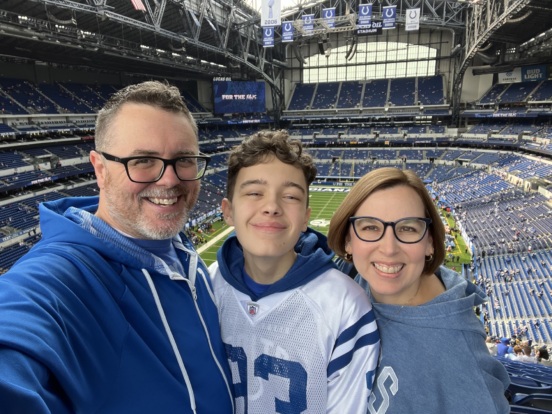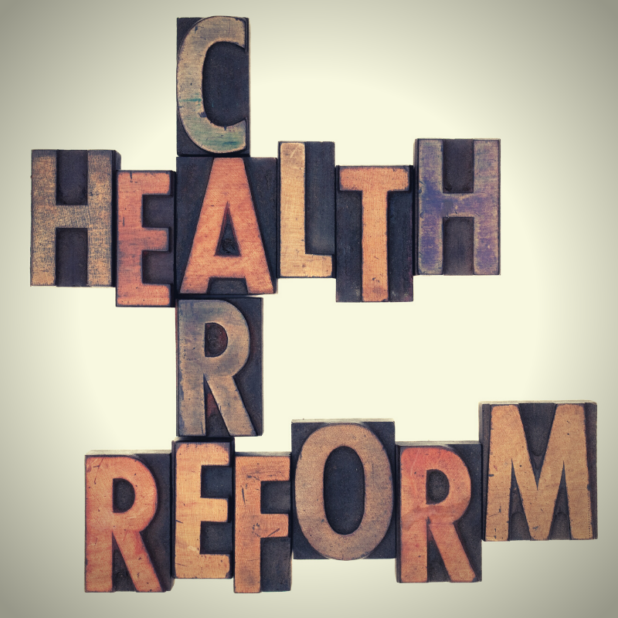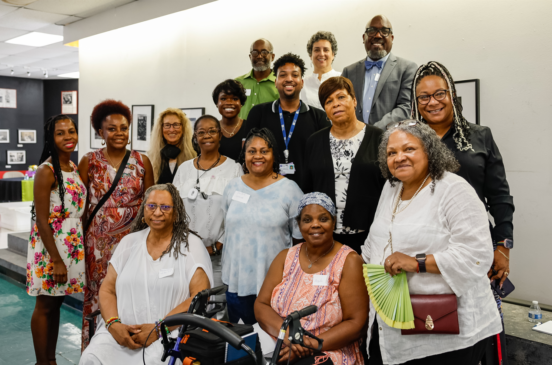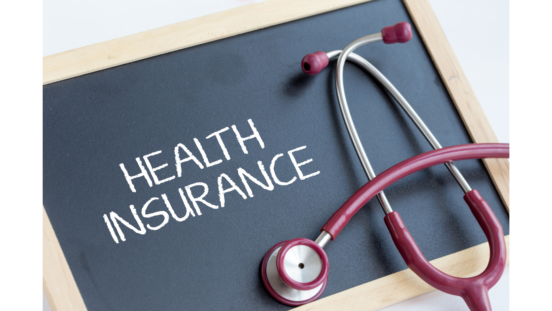Insurance, Needs Navigation

Mary Mukira shares her previous experience enrolling in an ACA plan, and some wisdom she has since picked up to make it easier for others to #GetCovered.
By Mary Mukira
As an African-American woman, I’ve always understood that having access to non-discriminatory, culturally competent and affordable healthcare was exceptionally rare, yet it is something very important to me.
For a little over a year, I worked at a small organization that only employed two people. Because this organization was small, they were not subject to the employer mandate of providing employees with healthcare coverage set forth by the Affordable Care Act (ACA). I had two options: forgo healthcare coverage for the foreseeable future or select a coverage plan under my state’s insurance Marketplace.
Fortunately, my state (Maryland) adopted the ACA Marketplace and expanded Medicaid shortly after the ACA was enacted. Had Maryland opted-out of offering their residents a Marketplace option, I could have been uninsured: my income was too high to qualify for Medicaid and I couldn’t afford private insurance. Simply put, I would not have had access to healthcare, necessary screenings and essential treatments. Not having health insurance could have set my health back years and, with that, I could have suffered lifelong consequences. I was young, but youth is not a guarantee for absolute health.
I was able to find an insurance plan on my state’s Marketplace that not only fit my needs, but that was more affordable than I thought possible. I was fortunate enough to have my employer agree to pay 75% of my monthly premium, thereby limiting my financial responsibility to the remaining 25%, co-pays and the annual deductible. Given my previous experience with healthcare coverage, I knew that I needed an affordable plan that could fit my budget and would not have surprise expenses. The website navigation and the detailed listing of what would be covered under the plan I selected was helpful beyond belief.
Given my previous experiences with not-so-great private health coverage options, shopping for a plan on the ACA Marketplace came a bit easier since I knew what I was not willing to sacrifice: affordability and comprehensive coverage. I wish I was more familiar with what to look for in a plan when I was 21. NPAF’s ACA plan guide would have helped me navigate my needs better and understand that cheap monthly premiums may end up costing me more in the long run. Had I completed a personal health audit earlier and had the understanding of what to look for in a plan, I likely would have selected a Marketplace plan earlier.
It was after my experience with selecting an insurance plan on the Marketplace that I realized just how important the ACA is to my health. I felt secure in choosing a plan because I knew I could not be legally discriminated against because I am a woman, or because of any pre-existing conditions or calculated biases based on factors unbeknownst to me. Moreover, because of where I live, I had access to quality healthcare professionals who understood how to care for me and listen to my needs. I know there may be others who are not as fortunate to have those options.
My life, my health and my future are more secure because the ACA was enacted 10 years ago–a law that I did not know I would end up needing almost a decade after it passed. This year, I was especially grateful to have health coverage because of the COVID-19 pandemic. Living near a big city in a highly populated suburb put me at a much higher risk of contracting the coronavirus. Statistically, this also put me at a greater risk of dying from it. I was more at ease knowing that regardless of whether or not I contracted COVID-19, I not only had a fighting chance by simply having health coverage but I would not be subject to treatment caps or needing to forgo care to protect my family from inheriting my medical debt.
Insurance, Needs Navigation
Equity, Health Literacy, Insurance, Policy Consortium
Costs, Health Literacy, Insurance, Needs Navigation, Trust
Caregiving, Costs, Insurance



